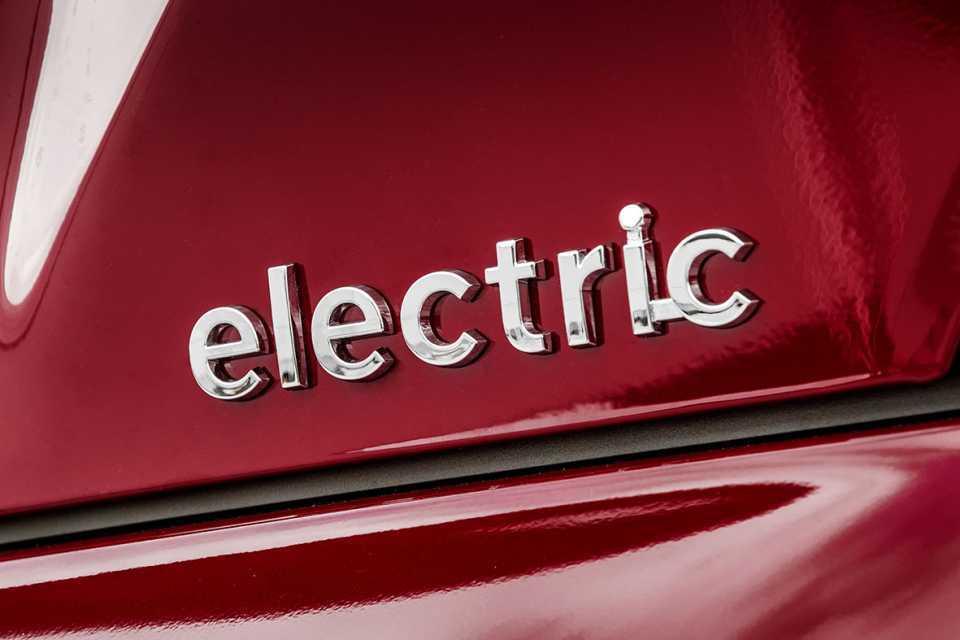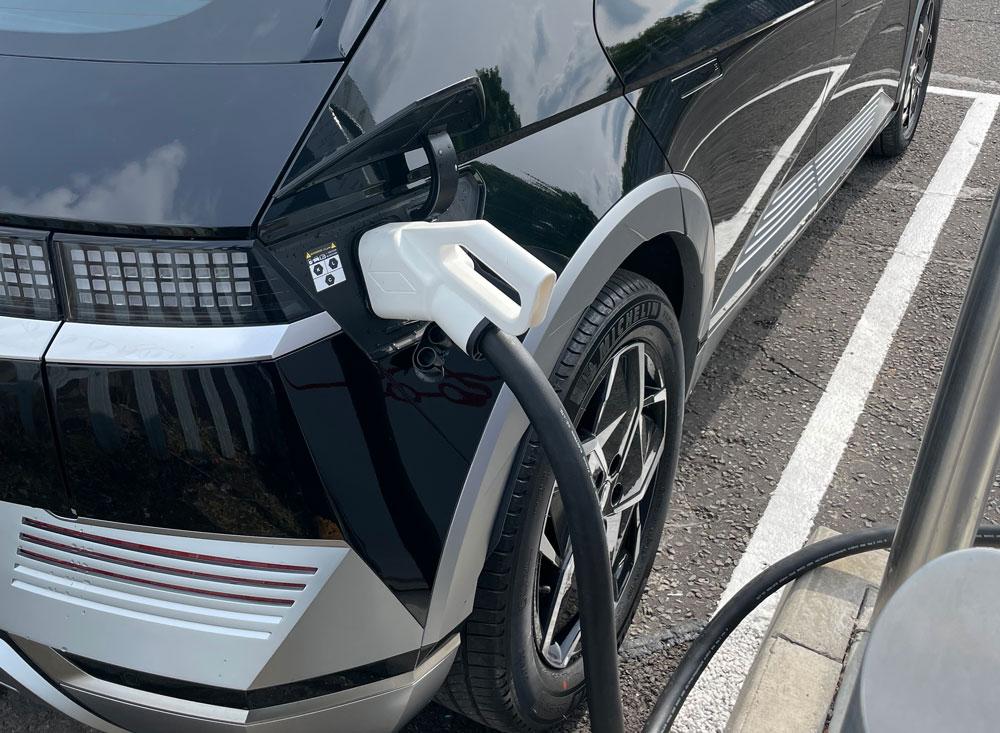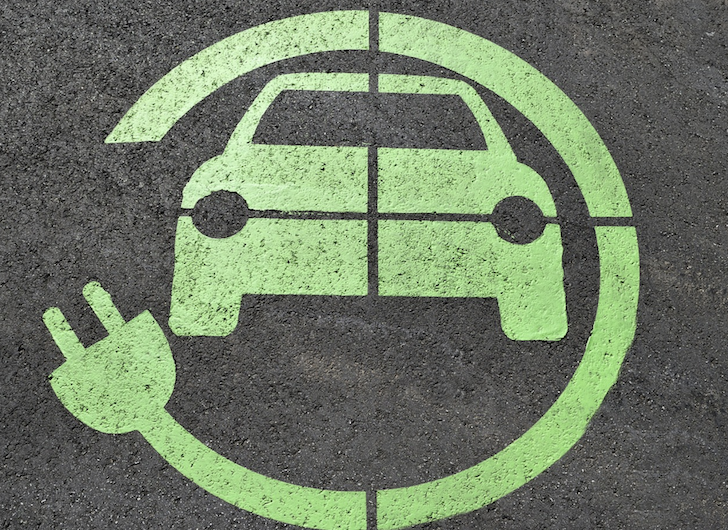The UK new car market declined -44.4% in March, according to figures published by the Society of Motor Manufacturers and Traders (SMMT).
203,370 fewer cars were registered than in March 2019, as showrooms closed in line with government advice to contain the spread of the coronavirus.
The SMMT says the performance represented a steeper fall than during the 2009 financial crisis and the worst March since the late nineties when the market changed to the bi-annual plate change system. With lockdowns taking place in many European countries earlier than the UK, even more dramatic falls have been reported elsewhere, with Italy down -85%, France -72% and Spain down -69% in March.
In total, 254,684 new cars were registered in the month, with demand from private buyers and larger fleets falling by -40.4% and -47.4% respectively. Meanwhile the numbers of petrol and diesel cars joining the road were down -49.9% and 61.9%.
However, registrations of battery electric vehicles (BEVs) rose almost three-fold in the month to 11,694 units, accounting for 4.6% of the market, while plug-in hybrids (PHEVs) grew 38.0%. Uptake of hybrid electric vehicles (HEVs), however, fell -7.1%..
The news comes as SMMT downgrades its interim market outlook for the year to 1.73 million registrations – a -23% decline on the previous outlook made in January and some -25% lower than the 2.31 million units registered in 2019. A further outlook will be published in April to reflect the latest conditions.
Mike Hawes, SMMT Chief Executive, said: With the country locked down in crisis mode for a large part of March, this decline will come as no surprise. Despite this being the lowest March since we moved to the bi-annual plate change system, it could have been worse had the significant advanced orders placed for the new 20 plate not been delivered in the early part of the month. We should not, however, draw long term conclusions from these figures other than this being a stark realisation of what happens when economies grind to a halt.
"How long the market remains stalled is uncertain, but it will reopen and the products will be there. In the meantime, we will continue to work with government to do all we can to ensure the thousands of people employed in this sector are ready for work and Britain gets back on the move."







